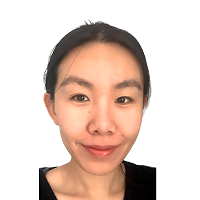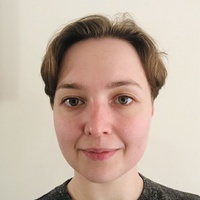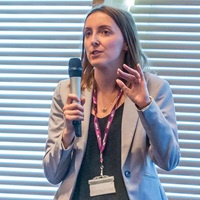WiDS Aberdeen is an independent event that is organized by the Aberdeen Centre for Health Data Science to coincide with the annual WiDS Worldwide conference organized by Stanford University and an estimated 200+ locations worldwide.
All genders are invited to attend WiDS regional events which feature outstanding women doing outstanding work.
The video below features WiDS Ambassadors from around the world, explaining the purpose of the conference.
For our conference in Aberdeen, we secured a fantastic line-up of female speakers from academia, industry and the NHS, from North East Scotland and beyond. See the agenda below, and information on our speakers.
WiDS Aberdeen Organising Team: Dimitra Blana, Hannah Wilson, Andra Stefan, Emma-Louise Tarburn
Our conference took place at ONE Tech Hub in Aberdeen, and online, on Thursday June 1st 2023.















